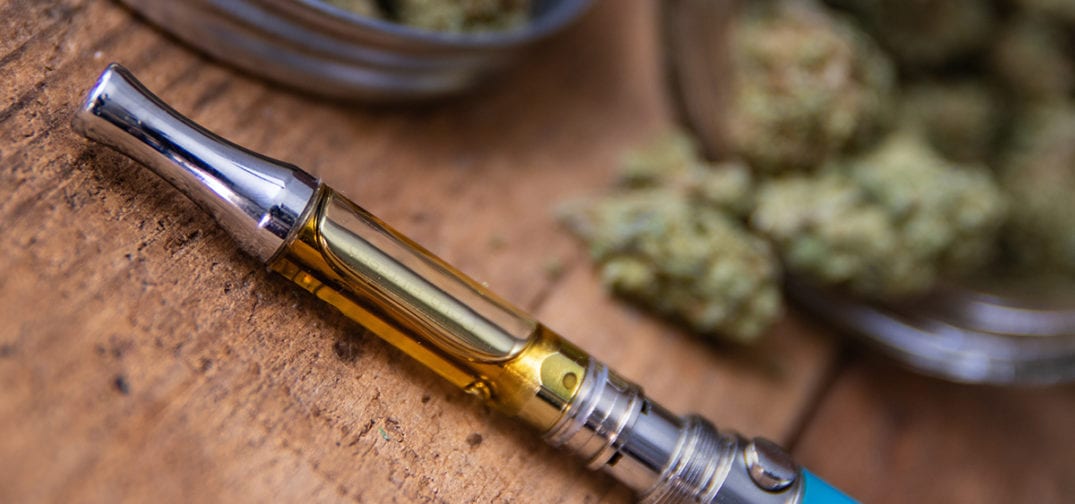A bill to ban the sale of psychoactive cannabinoids synthesized from hemp – such as Delta-8 THC – at shops not licensed as cannabis retailers in Michigan is headed to the House after passing the Committee on Regulatory Reform, MLive reports.
The bill expands the definition of cannabis to include THC “regardless of whether it is artificially or naturally derived” and put regulation of the cannabinoids under the state’s Marijuana Regulatory Agency.
Currently, the products can be found at some traditional retailers in the state, such as convenience stores.
Republican state Rep. Pat Outman said the unregulated cannabinoids remind him of other “sketchy substances that are working their way into gas stations and other retail places” and that there are “no consumer protections or any sort of regulatory structure” for the products.
Dave Crabill, a spokesman for trade group iHemp Michigan, said hemp that can be used for Delta-8 has “the highest value right now” for producers.
“Everyone that is in the market is going in understanding that it’s a short-lived game that makes some profits in the meantime.” – Crabill to MLive
Under the proposal, hemp-derived THC products will still be allowed to be produced and sold in the state, but only by individuals and shops licensed by state cannabis regulators.
Last week, Colorado regulators banned the compounds from state-licensed cannabis dispensaries, dietary supplements, and cosmetics. Other states with legalized cannabis, such as Alaska and Vermont, have banned the cannabinoids, while lawmakers in Illinois and Oregon are considering their own prohibition on the products. Washington state has implemented a temporary ban on both Delta-8 and Delta-10.
If the Michigan House approves the measure, it would still require approval from the Senate and Gov. Gretchen Whitmer (D) to become law.
Get daily cannabis business news updates. Subscribe
End
